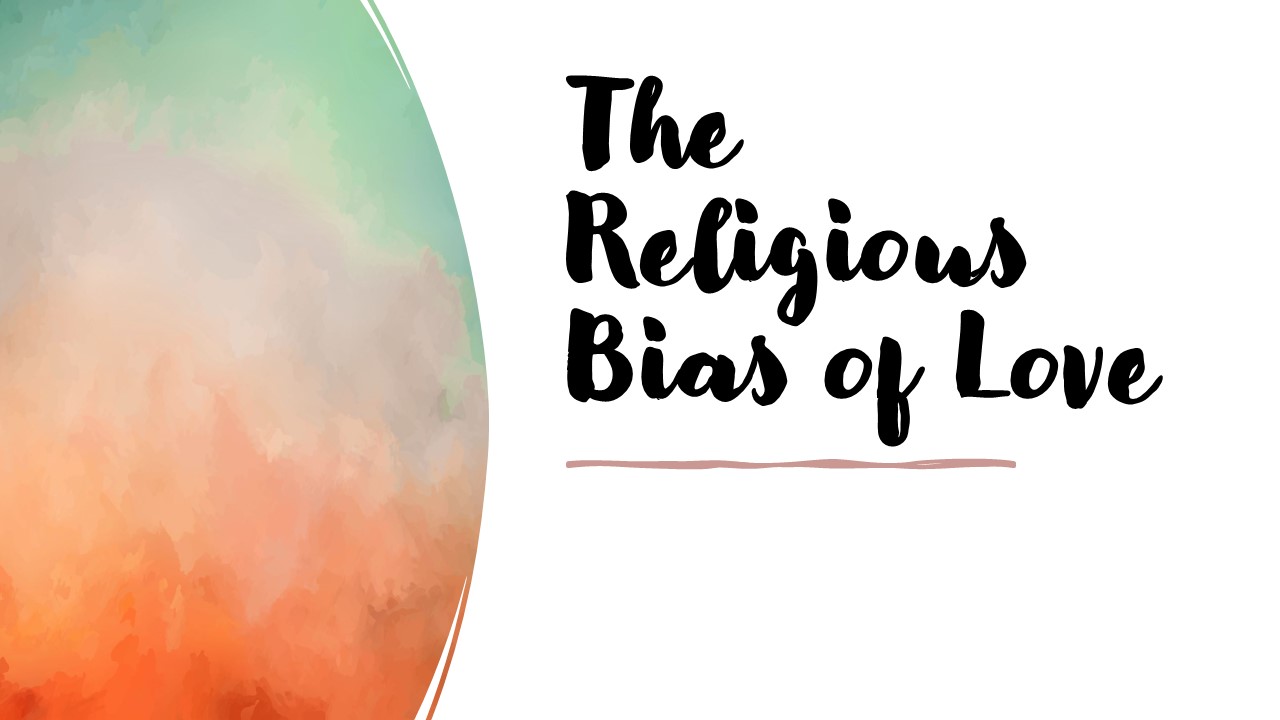Many religious teachings emphasize love, kindness, and generosity as the primary cultural values. Whether or not you are religious, you have probably heard of the “Golden Rule.” It states that you should treat others as you would like to be treated. A version of this rule exists in all major world religions. Why does religious prejudice still exist?
Does religion increase moral behavior? Or, why do religious cultures explicitly or implicitly teach prejudice?
Religions encourage prosocial behavior and teach us to love each other. Religious teachings suggest people treat others with kindness, generosity, and positivity. Based on the review of many studies on religion and prosocial behavior, researchers have concluded that religious people’s faith tends to increase their prosocial behavior.
Why then don’t we always practice what we preach?
The Paradox of Religious Love
The question arises: why does religion also influence actions and viewpoints that seem to conflict with these religious principles?
Throughout history, religions have been a force behind atrocities like wars and massacres committed against people of other faiths. We know about the stories of religious crusades. We remember the French Wars of Religion in 1572 and the St. Bartholomew’s Day Massacre, which resulted in the deaths of thousands of people.
Why Religious People Can Be Prejudiced
While religion teaches prosocial behavior, research shows that when people identify themselves closely with one’s religion, this can lead to their racism and homophobia. The social psychological effect of intergroup bias can explain how religion can produce prejudiced attitudes and behaviors.
How Intergroup Bias Decreases Prosocial Behavior and Love
The intergroup bias is the human propensity to think favorably about the groups we are a part of — an “ingroup”.” Yet we think more negatively about the groups you are not a part of—”an outgroup.” While we think that outgroups violate our ingroup values, we perceive them as dangerous to our ingroup.
In light of this social psychological effect, we can understand why religious beliefs can produce both prosocial behavior and prejudice. On the one hand, people direct their prosocial behavior primarily at members of their own ingroup. On the other hand, people focus their prejudice on members of other groups, particularly those they view as threatening.
However, it is unclear whether religion boosts prejudice or if there is another factor at play. Annetta Snell and her colleagues thoroughly reviewed the findings of psychological research, which used priming techniques to explore whether religion might increase prejudice.
What the Priming Studies Are
Priming is the method of subtly encouraging someone to think about a thought or concept in such a way that they are barely conscious of this subtle influence. Researchers employ the strategy of priming to influence people’s opinions when they don’t want to be too explicit in their influence. The purpose of such priming is to increase a concept’s awareness in the brain of a person in order to detect differences in subsequent behaviors and attitudes.
In one type of priming technique, for example, people unscrambled short sentences with religious words. That was implicit religious priming. Then these participants responded to the questions that assessed their prejudice toward various religious groups.
Researchers compared the responses of these participants with those of other people, whom they primed with unreligious (neutral) words. The higher level of prejudice in the group primed with religious words than in the group primed with neutral words should provide evidence that religion causes prejudice.
What the Priming Studies of Religious Beliefs Show
Annetta Snell and her colleagues have reviewed 44 studies estimating how much this kind of priming increases prejudice. They concluded that the priming of religious thoughts increases prejudice across all target groups, such as Jews, Muslims, and Hindus. However, researchers found that this effect of religious priming is relatively small.
However, researchers found that priming religion increases prejudice toward members of sexual and gender minorities as well as towards atheists. These findings indicate that religious people tend to perceive members of sexual and gender minorities, as well as atheists, as especially threatening to their religious views. It is likely they perceive those as violating their religious values.
Thus, priming religious thoughts increases prejudice due to intergroup bias and perceptions of threat. However, it would be inadequate to excessively generalize these findings. When primed with religious thoughts, not all people show prejudice towards other groups. And religious leaders and community members can mitigate the negative social effects of religious prejudice if they explicitly oppose prejudice towards other cultural groups.
